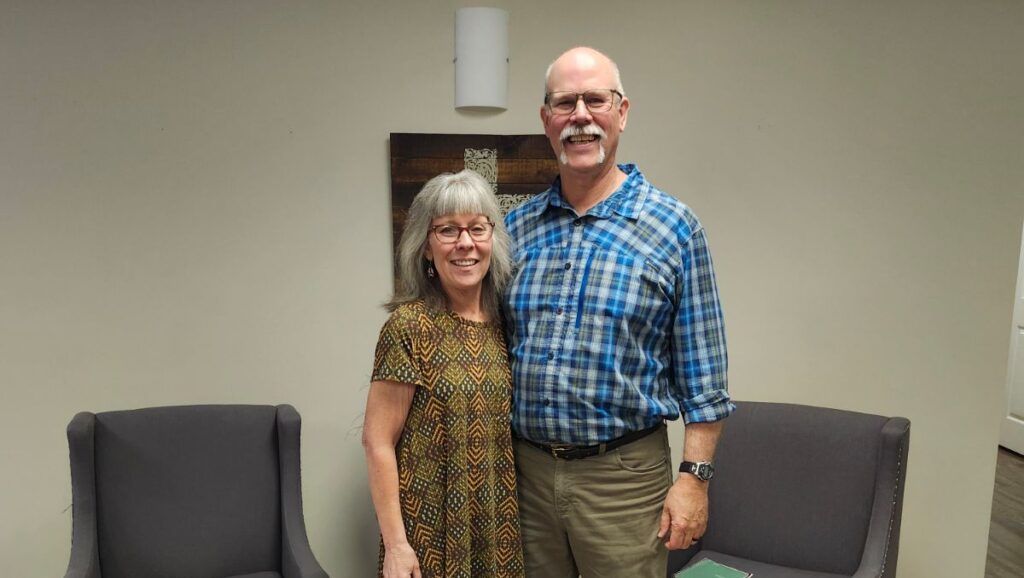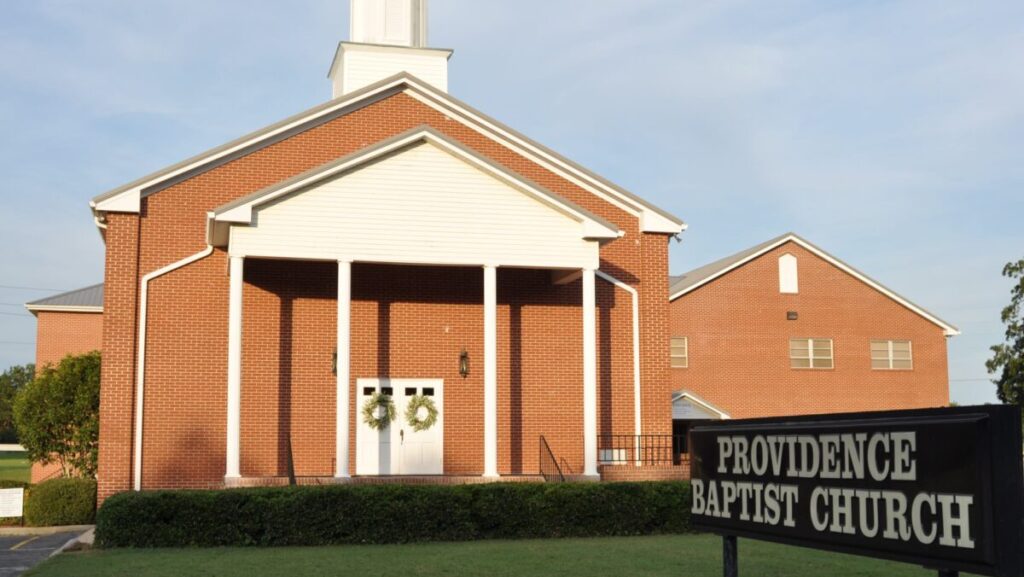Online church attendees read the Bible more than onsite worshippers. Nonbelievers outpace Christians in valuing several pro-social Bible-based behaviors. And Black Americans are more spiritually vibrant than whites and Hispanics.
The American Bible Society ranks those tidbits among the top findings from its 2023 State of the Bible, the 13th installment of ABS’s intensive survey of Americans’ relationship with Scripture.
Online worship flourished as a necessity during the COVID-19 pandemic, but many continued to favor online engagement after the pandemic waned. ABS found online worshippers rank higher in several markers of spiritual vitality than on-site worshippers, findings that “dispel any notion that online attenders are less devoted Christians.”
While 32% of in-person worshippers report using the Bible at least weekly on their own, 74% of online worshippers report doing so, a discrepancy ABS said is “so striking it deserves more study.”
Surprising response
On another point, ABS found that the small group of Americans who have a “hostile” response to Scripture actually embrace certain Bible-based behaviors at higher rates than do scripturally engaged Christians.
Based on the ABS measurement scale, those hostile to the Bible outpace scripturally engaged Christians in advocating for the oppressed – 4.8 compared to 4.5; welcoming immigrants into their community – 4.7 to 4.2; and caring for the environment – 5.3 to 4.7.
But scripturally engaged Christians outpace those hostile to the Bible in befriending people of other religions – 4.5 to 4.4; caring for those in prison – 4.3 to 3.5; and being a good neighbor – 5.3 to 5.1 The two groups registered equally in befriending people of other races, 4.8.
Measuring spiritual vitality, ABS found “strong and unequivocal” data that Black Christians are more spiritually vibrant, particularly in the areas of Scripture engagement, practicing Christians, Bible users and church attendance.
“This group has a lot to teach the rest of the church,” the ABS wrote. “We can all draw encouragement as we consider the challenges Black Americans have faced through the centuries and the resiliency they have found in a deep relationship with Christ. Believers of all ethnic backgrounds can praise God for the spiritual strength seen in this group – and seek to emulate it.
Other top findings
Among other top findings from 2023:
- More than half (52%) of older Gen Z between the ages of 22 and 26 say their lives have been transformed by Scripture; and younger Gen Z (ages 18-21) outpace older Gen Z in Bible curiosity, 56% to 34%.
- 52% of Americans say they wish they read Scripture more, but only 14% say they have increased their Bible reading in the past year.
- Bible engagement improves human flourishing, a measurement encompassing happiness, close social relationships, purpose, mental and physical health, character and virtue, and financial stability. Practicing Christians registered 7.8 on the human flourishing scale, compared to 6.9% for non-practicing Christians and 6.7% for nonbelievers.
- Those who volunteer at church are more than twice as likely to give at the highest financial level than those who don’t, and community volunteers are 60% more likely to give at the highest level than those who don’t volunteer in the community.
- Faith is stronger among adult Christians who have switched from their childhood religion, whether evangelical, historically Black Protestant, mainline Protestant or Catholic.
The 2023 State of the Bible was conducted Jan. 5–30 online and by telephone. Researchers used the University of Chicago National Opinion Research Center’s Amerispeak Panel, producing 2,761 responses from a representative U.S. sample of adults 18 and older.
The full report is available here.
EDITOR’S NOTE — This story was written by Diana Chandler and originally published by Baptist Press.






Share with others: